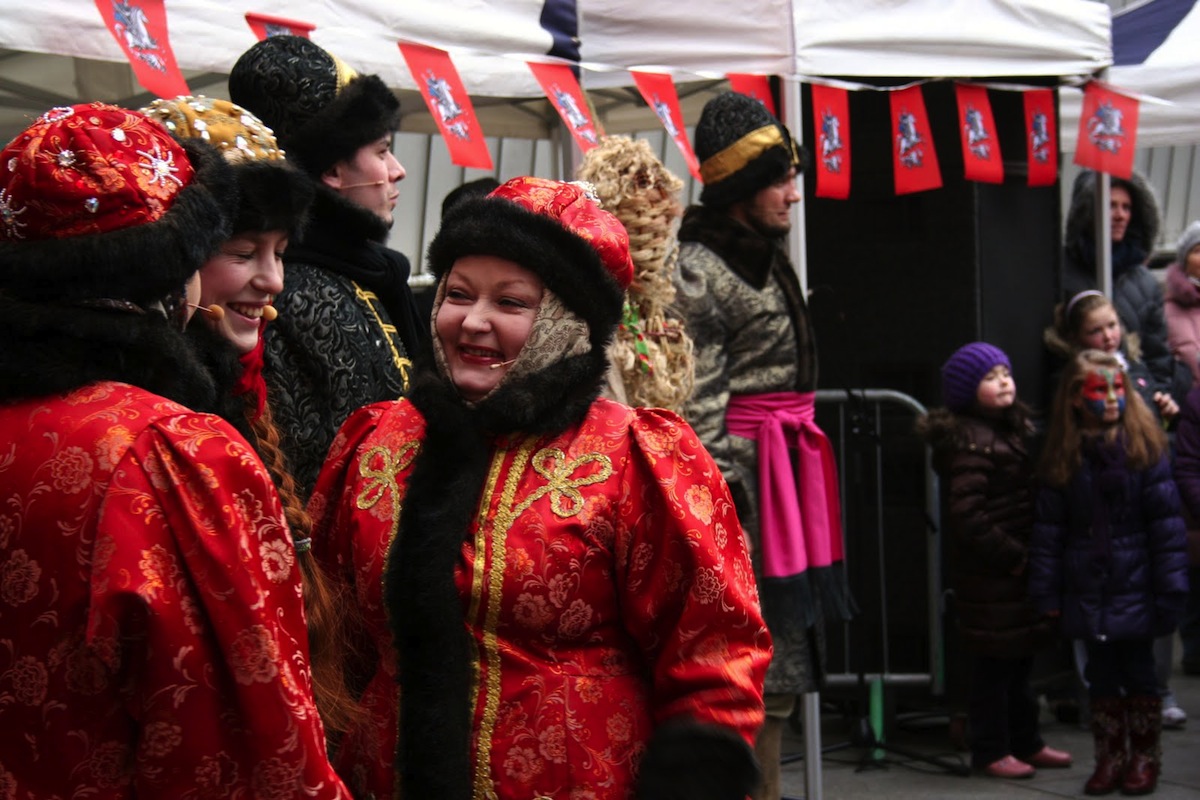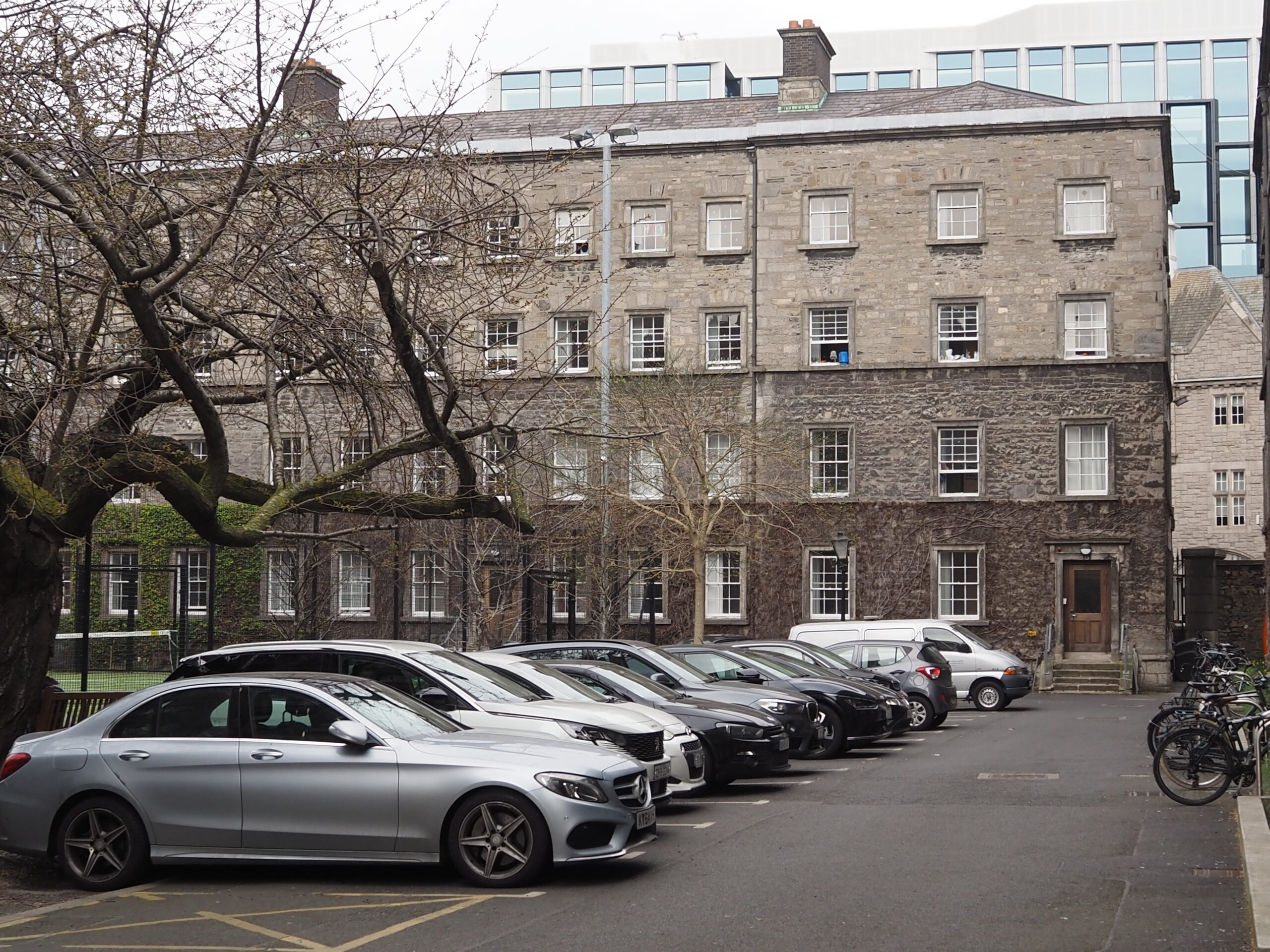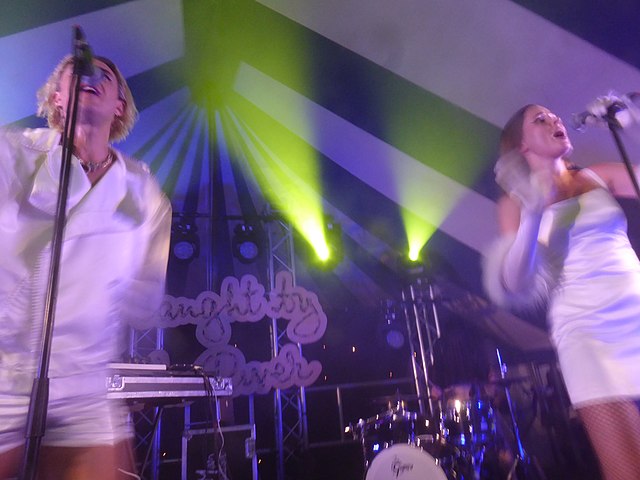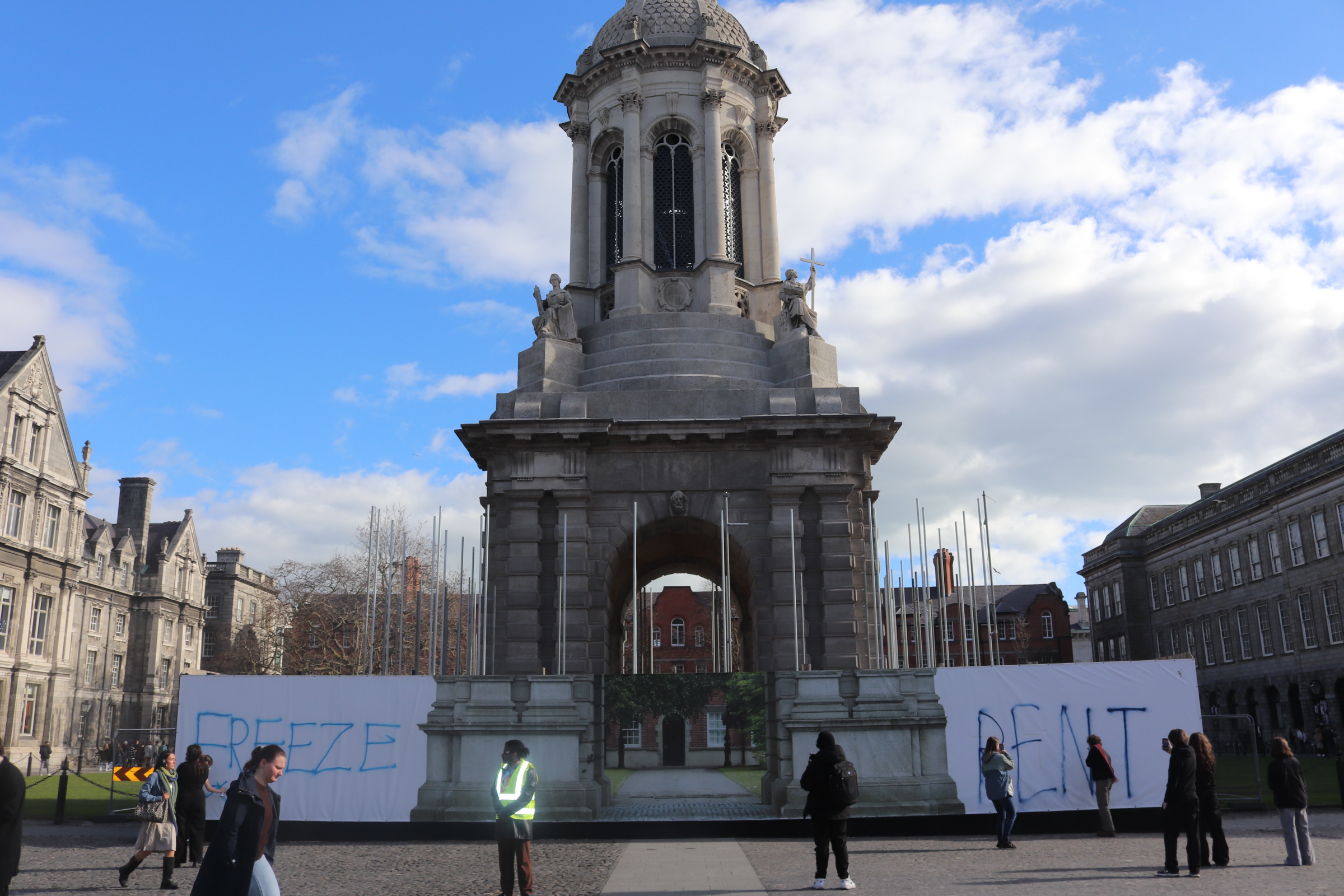Emilie Radou |Contributing Writer
The Sochi Olympics are over. Russia has annexed Crimea. Meanwhile, in Dublin, the Festival of Russian Culture took place. Had you even noticed?
The Winter Olympic Games in Sochi were affected by numerous political and economic controversies, with most of the attention on Russia’s poor LGBT rights record. In recent weeks, Russia has been at the top of the news agenda for the annexation of Crimea. The Festival of Russian Culture in Dublin went largely unnoticed, due to other Russian issues being much higher up on the agenda.
It has now become commonplace to view Russia solely as an anti-democratic and homophobic country, where gratuitous violence is widespread and human rights violations may often remain unpunished
The media does focus primarily and on diplomatic and political issues, and tends to magnify the “dark side” of Russia. Indeed, it has now become commonplace to view Russia solely as an anti-democratic and homophobic country, where gratuitous violence is widespread and human rights violations may often remain unpunished. The purpose of this article is not to play down any sensitive political issues in contemporary Russia, but rather to acknowledge a problem in the way the country has been portrayed over the past few years. It must be noted that we make very little effort to highlight an equally important aspect of Russia: its culture.
We make very little effort to highlight an equally important aspect of Russia: its culture
The Festival of Russian Culture in Dublin is a spectacular journey through Russian history and culture. It celebrated its fifth year running this year and took place from Sunday 23rd of February until Sunday the 2nd of March. Unfortunately, it was given very little attention. Yulia Tymoshenko’s visit to Ireland for the European People’s Party (EPP) congress in Dublin focused the limelight on Russia’s current political posturing. It is not too late however, to have a quick recap of the events of the festival, and in doing so explore the links between Russia and Ireland.
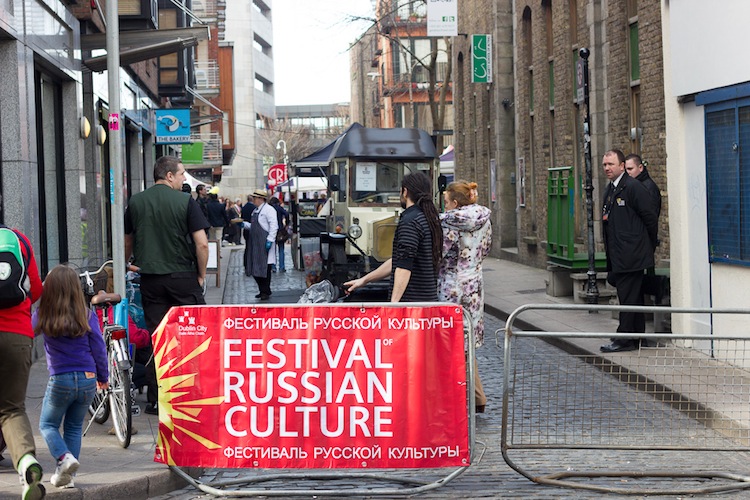
Counsellor Andrey Nikeryasov, a diplomat at the Russian embassy in Ireland, spoke to me about the relations between Russia and Ireland. He acknowledged that they were not deep, but nevertheless was keen to provide some interesting anecdotes. According to Nikeryasov, Czar Peter the Great travelled to Europe and stayed for four months in England to study new developments in shipbuilding. It has been said that the Czar also visited Ireland, and even went to Bushmills, where he tasted Irish whiskey and declared it to be the best spirit in the world.
The new Russian Soviet Federative Socialist Republic (RSFSR) was the first state to recognize the Irish Republic in June 1920
Nikeryasov eagerly reminded me that the new Russian Soviet Federative Socialist Republic (RSFSR) was the first state to recognize the Irish Republic in June 1920, and noted that the relations also included the borrowing by the RSFSR of money from the Irish Republic with the Russian Crown Jewels being used as collateral for the loans. Diplomatic statements have to be taken with a pinch of salt, though, and I later discover that this was not true. It appears that there was at the time merely a draft treaty, which not taken seriously by either side.
“We can always do more”… “witness the lack of direct flights with Ryanair between our countries.”
The Counsellor cited the anti-Communist sentiments of the Catholic Church as the reason for weak diplomatic ties between Ireland and Russia during the twentieth century. Despite this, he acknowledged that both countries have been able to develop strong economic partnerships. He noted that Ireland is among the top ten foreign investors in Russia, and is even drilling some oil there, in Tomsk. Ireland and Russia have a cooperative working relationship, but according to Nikeryasov, “we can always do more”. One example of his will suffice to illustrate this: “witness the lack of direct flights with Ryanair between our countries.” 
I also met Vera Smyth, the Chair of the committee for the Festival of Russian Culture. Smyth sees the festival as an “instrument to bind [the Russian and Irish] communities.” The week-long festival coincides with the Orthodox feast day ‘Maslensita’ (pancake day) to celebrate the end of Winter and the birth of Spring. This year there were multiple free events to give Dubliners and tourists alike a taste of Russian culture: a concert of Russian classical music in the Hugh Lane Gallery, public lectures, literary and poetry evenings, art exhibitions and many more. Trinity supported the event by organizing a student quiz called “How well do you know Russia?” on February 25th in association with the Department of Russian and Slavonic Studies. Smyth feels that the festival this year ‘has been a considerable success’, although she regrets that it did not receive much attention because of the current political situation.
“People will change their mind themselves when they know our culture”
When asked her thoughts on the matter, she replied that “Sochi and the Ukraine have nothing to do with culture at all.” She believes that the festival is about “the best that Russia can display”. For her, the aim was by no mean to change people’s opinion on Russia, but to make them to think twice about cultural aspects: “people will change their mind themselves when they know our culture.”
We might find out that we have more in common than we think
Meeting these people gave me an opportunity to consider Russia in a broader sense. There are several opportunities to learn more about a country through experiencing its culture. I came to the conclusion that a nation and its people cannot be summarised in one neat opinion, and that we need to accept the complexities of the situation and be more open-minded. We might find out that we have more in common than we think.
